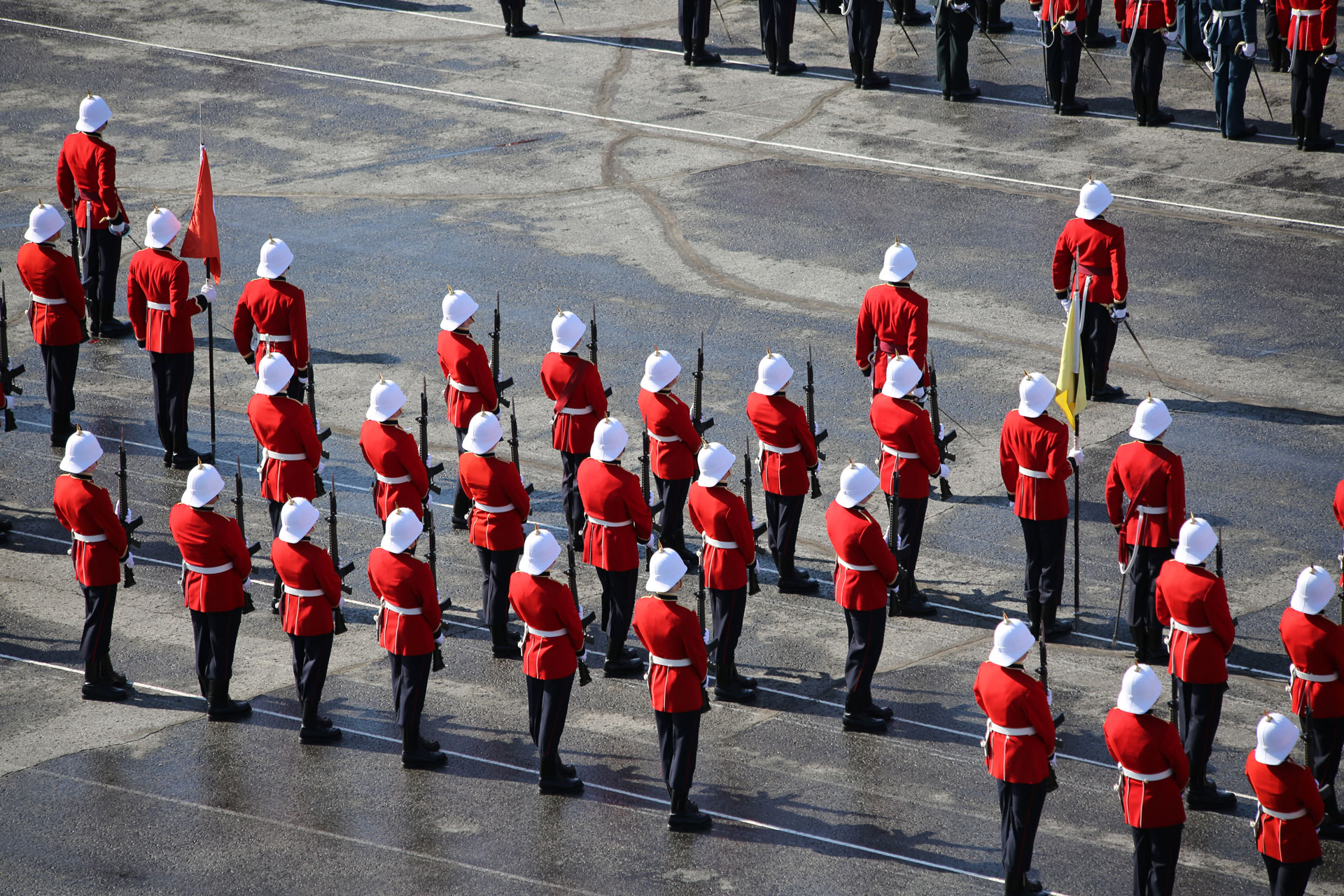
Dear Editor – Thanks to Rob O’Flanagan for his thoughtful and eloquent column, “Too many things make me sick of war” (Guelph Mercury, Nov. 15).
I’ve been thinking about war myself lately, in part because Nov. 10 was the anniversary of my father’s death — and in his last days nearly 20 years ago, my father’s thoughts often returned to his service in the Second World War and to the deaths of his three closest friends at Dieppe and in the Normandy campaign.
My father was in uniform for 10 years — six during the war, and before that four years at the Royal Military College of Canada. His only brother served in the Royal Navy as an MTB (motor torpedo boat) captain in the English Channel and the Mediterranean. A decade after the war, still suffering from what we’d now call post-traumatic stress disorder, he committed suicide.
A much-loved honorary uncle on my mother’s side also served in the Royal Navy from shortly before the outbreak of the Second World War until its end.
My two grandfathers each spent more than 10 years of their lives in uniform. One served in the British army before the First World War and in the Canadian Corps during that war. The other, who was an important presence in my childhood, narrowly escaped the fate of his best friends, all of whom died in the Gallipoli campaign or on the Western front. He re-enlisted in the Second World War and directed the Royal Army Medical Corps hospital system on the Burma front.
My two older brothers and I also graduated from the Royal Military College; two of us were reserve entry officer cadets, and therefore free on graduation to pursue careers in government and academe. My eldest brother’s time in the Canadian army included service with the UN peacekeeping force on the Gaza Strip.
What does this enumeration of the men closest to me by blood and affection add up to? Among other things, it means that eight men in my generation and the two preceding ones — none of whom thought of the military as a career — spent a total of more than 60 years in uniform during the early and middle years of the last century.
Some of that service — I’m thinking of the First World War — was no doubt deluded. But none of it involved the flagrant illegality of the present war in Afghanistan, or the very particular horrors of a war that pits civilian insurgents against a foreign army of occupation.
The American invasion of Afghanistan was a direct violation of international law; the ensuing occupation is likewise illegal.
The deaths of almost 100 young Canadians in such a cause, and the grievous injuries suffered by many hundreds more, should horrify us all. These losses, together with the still more appalling losses being inflicted upon Afghan civilians by the occupying forces, are the legacy of the George W. Bush regime’s now wholly discredited policies.
Canadians must refuse any further participation in these criminal follies.
8430 Michael Keefer (RMC ’70), professor, School of English and Theatre Studies, University of Guelph

